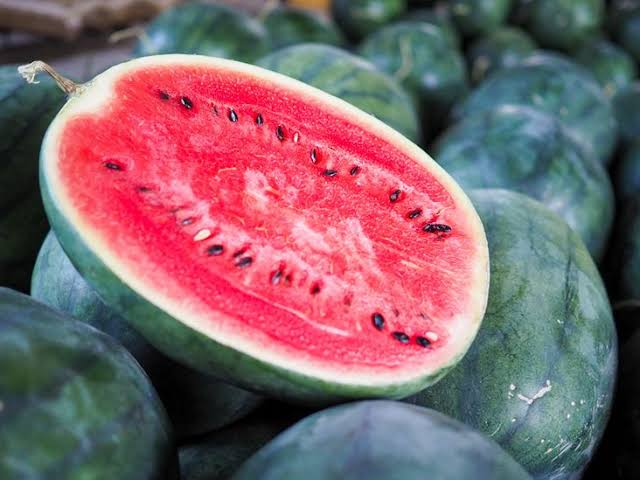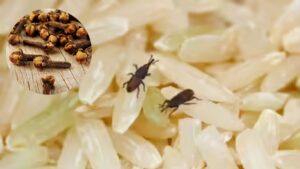What Happens When You Eat a Handful of Watermelon Seeds in Summer: From Boosting Heart Health to Improving Skin

What Happens When You Eat a Handful of Watermelon Seeds in Summer: From Boosting Heart Health to Improving Skin
Watermelon seeds deliver a generous dose of magnesium—around 140 to 150 mg in a 28-gram serving, which is over a third of the recommended daily intake.
Watermelon seeds, often overlooked and discarded, are surprisingly rich in nutrients that can support your health—especially during the summer months. When dried or roasted, these tiny seeds become a crunchy, flavorful, and highly nutritious snack. They are packed with vitamins, minerals, healthy fats, fiber, and plant-based protein, making them an ideal seasonal superfood.
One of the key benefits of watermelon seeds is their ability to support heart health. Studies have shown that compounds found in watermelon seed oil may help reduce LDL (bad) cholesterol while increasing HDL (good) cholesterol, improving overall cardiovascular function. These seeds are also an excellent source of healthy fats, particularly omega-3 and omega-6 fatty acids, which help reduce inflammation, enhance brain function, and protect the heart.
In the heat of summer, the body often needs extra support to maintain energy and hydration. Watermelon seeds deliver a generous dose of magnesium—around 140 to 150 mg in a 28-gram serving, which is over a third of the recommended daily intake. Magnesium is essential for muscle relaxation, energy production, and overall stamina. Along with magnesium, watermelon seeds also contain potassium and small amounts of sodium, which are key to maintaining the body’s fluid and electrolyte balance. This helps prevent dehydration, muscle cramps, and the fatigue that can come from prolonged exposure to heat.
Another standout feature of watermelon seeds is their high protein content. With 8 to 10 grams of protein per handful, they are an excellent plant-based option for those looking to boost protein intake, particularly after exercise or during physically demanding days. This protein helps support muscle recovery, stabilizes energy levels, and curbs hunger, making watermelon seeds a satisfying snack between meals. Additionally, they are a great source of fiber, which supports digestion by promoting regular bowel movements and feeding beneficial gut bacteria. The prebiotic nature of their fiber content contributes to a healthier, more balanced digestive system.
Watermelon seeds also offer several skin-related benefits, which are especially useful in summer when the skin is exposed to more sun and environmental stress. They are rich in zinc, a mineral important for collagen production, wound healing, and sebum regulation. This makes them helpful in managing acne and promoting clearer skin. Antioxidants like vitamin E also help combat free radical damage, slowing signs of premature aging. Meanwhile, the omega-6 fatty acids in the seeds work to keep the skin moisturized, soft, and protected against dryness and irritation.
Incorporating watermelon seeds into your summer diet is a simple and natural way to support your overall well-being. From heart health and hydration to digestion and skin care, their nutrient profile aligns well with the body’s seasonal needs. Instead of discarding these seeds, try roasting or drying them at home to create a wholesome snack you can enjoy any time. Would you like a quick and easy recipe to prepare roasted watermelon seeds?












